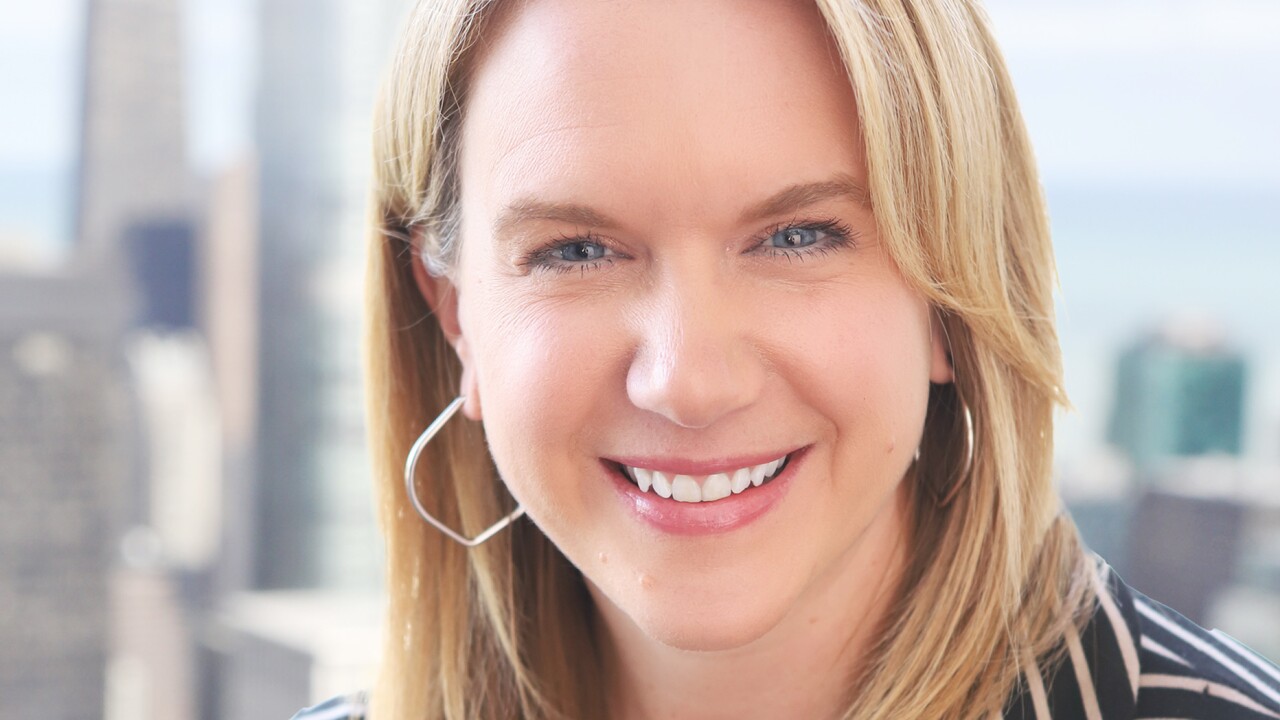Over the past three months, the nation’s four largest banks —
The refusal by top banks and credit card companies to respond to investor concerns about gender inequity is not an isolated incident in the U.S. financial services industry. What’s worse, the intransigence among U.S. banks to deal with equal pay puts them
So why is there progress overseas and not here?
The inaction by domestic banks can certainly not be explained by any claim that the U.S. lacks a gender pay gap problem. Finance is a heavily male-dominated field with a huge pay gap and another distinct gap related to female leadership. In fact, banking and finance has one of the highest disparities of all industries

The U.K. charter comprises specific voluntary proposals designed to improve companies’ gender balance: 1) appoint an executive responsible for gender, diversity and inclusion; 2) set internal targets for gender diversity in senior management; 3) publish gender statistics annually on the company website; and (4) link the pay of senior executives to these targets. All four are vital steps for financial institutions in the U.S., but the first order of business is disclosure of current wage gap data — investors must be able to assess the scope of the problem and its impact on business.
Unfortunately, the biggest institutions in the U.S. are saying no to wage data disclosure, and they aren’t being wishy-washy about their opposition. B of A’s board didn’t waste any time recommending a vote against the gender pay proposal facing shareholders, and Citi
Of course, some banks have pledged to take proactive steps. In the case of Goldman Sachs and BNY Mellon, a shareholder proposal was taken off the table after the companies agreed to work on the issue. But unfortunately, these steps appear to be nothing short of lip service. The companies’ efforts do not involve the wage transparency data investors seek, which is necessary to ensure true accountability. Google has
The good news is that effecting change is simply a matter of time. In other instances, shareholder pressure was shown to drive positive change. When a first-of-its-kind gender pay equity proposal was filed at eBay in 2015, the board opposed it outright, and it garnered only 8% of the vote. Yet as the shareholder engagement expanded and peer company after peer company committed to gender pay equity principles and targets, eBay investors began to view it as a competitive issue. Shareholders of Big Tech companies see pay equity as key to attracting and retaining top female talent. As a result, a second eBay proposal in 2016
Real change — a complete U-turn in how the biggest banks approach gender pay equity — must overcome a business culture entrenched in an antiquated value system. The current system still rewards men handsomely but continues to foster an unequal playing field for women. The shareholder activism undergirding this effort will require additional time, multiple engagements and tougher public pressure to expose the inequality in the current landscape.
Women executives
U.S. banks would be wise to follow the lead of U.K. institutions and big U.S. tech firms by addressing this pressing issue. Failure to do so is bad for their brand and bad for their investors, and therefore bad for business.





